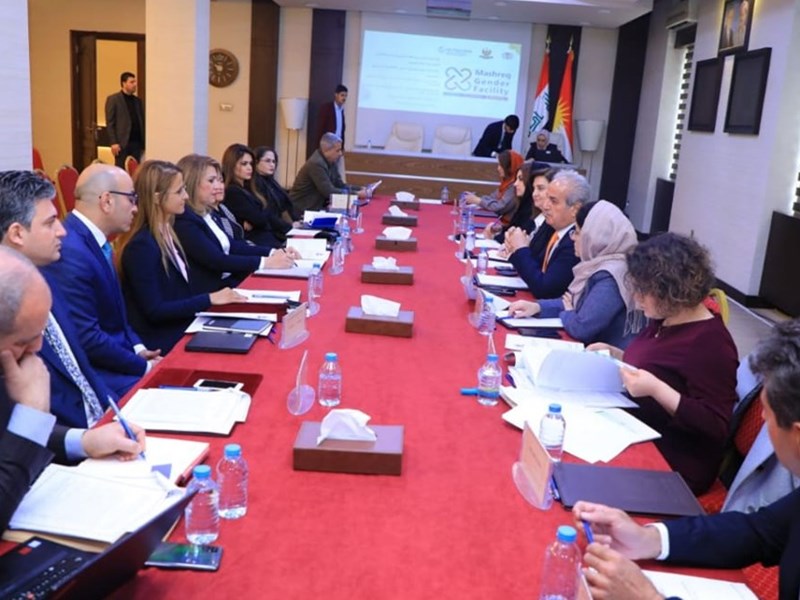Kurdistan Parliament's committees

The Kurdistan Parliament has 19 standing committees that work on a wide range of policy areas. The committees are the backbone of Parliament’s work, they are where MPs hold most meetings with the Government, organizations and individuals, where they draft legislation, investigate issues, and hold consultations.
The mandate of the committees is to study bills (draft laws) and proposed amendments, consult with experts and stakeholders about bills, and submit their opinions on them to Parliament’s Presidency. Committees provide important input during the stages of passing a bill through Parliament into law.
The committees' mandate is also to scrutinize the performance of government institutions in their policy area, follow up on implementation of the law, and take evidence and opinions from experts, civil society and anyone whose opinion is valuable to their work.
The committees hold meetings with ministers and other government officials to investigate issues or scrutinize implementation of the law.
The standing committees must meet at least twice a month, and they make their decisions by majority vote.
The committees are advised by Parliament staff who are experts in their fields.
These mandates are in Chapter V of Parliament’s procedural rules.
According to Article 28 of Parliament’s procedural rules, committees are formed within 25 days of the first sitting of a new Parliament. Each committee must have from five to 11 members.
Each committee elects a chair, vice chair and rapporteur. The committees are supported by advisors who are experts in their field and a secretary for administrative work.
As well as the standing committees, sometimes ad hoc committees are formed for short periods, to investigate and submit their findings about a specific issue.
Standing Committees
Culture, Civil Society , Sports and Youth
Education, Higher Education, and Scientific Research
Endowments and Religious Affairs
Energy, Natural Resources, Commerce and Industry
Health, Environment and Consumer Rights
Interior, Security and Local Councils
Kurdistani Areas outside KRG Administrative Area
Martyrs’ Affairs, Genocide and Political Prisoners
Municipalities, Transport, Communication, Travel and Tourism
Parliament Affairs and Complaints
Relations and Kurdish Diaspora
Social Affairs and Protection of Human Rights